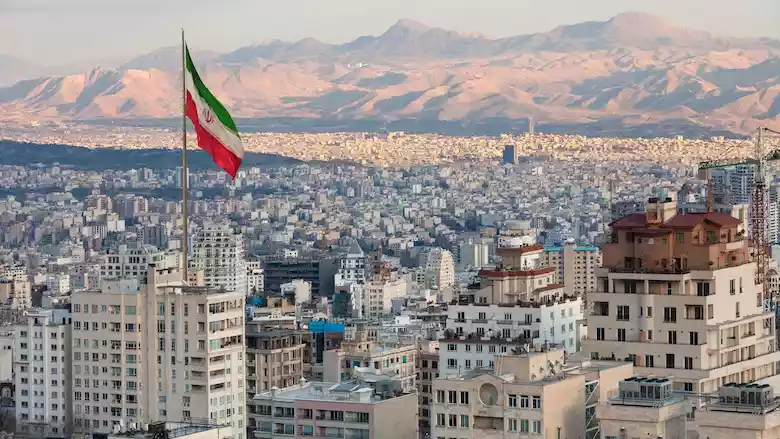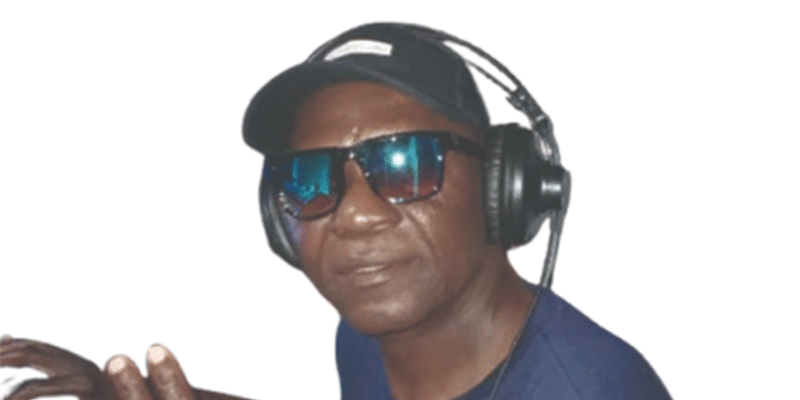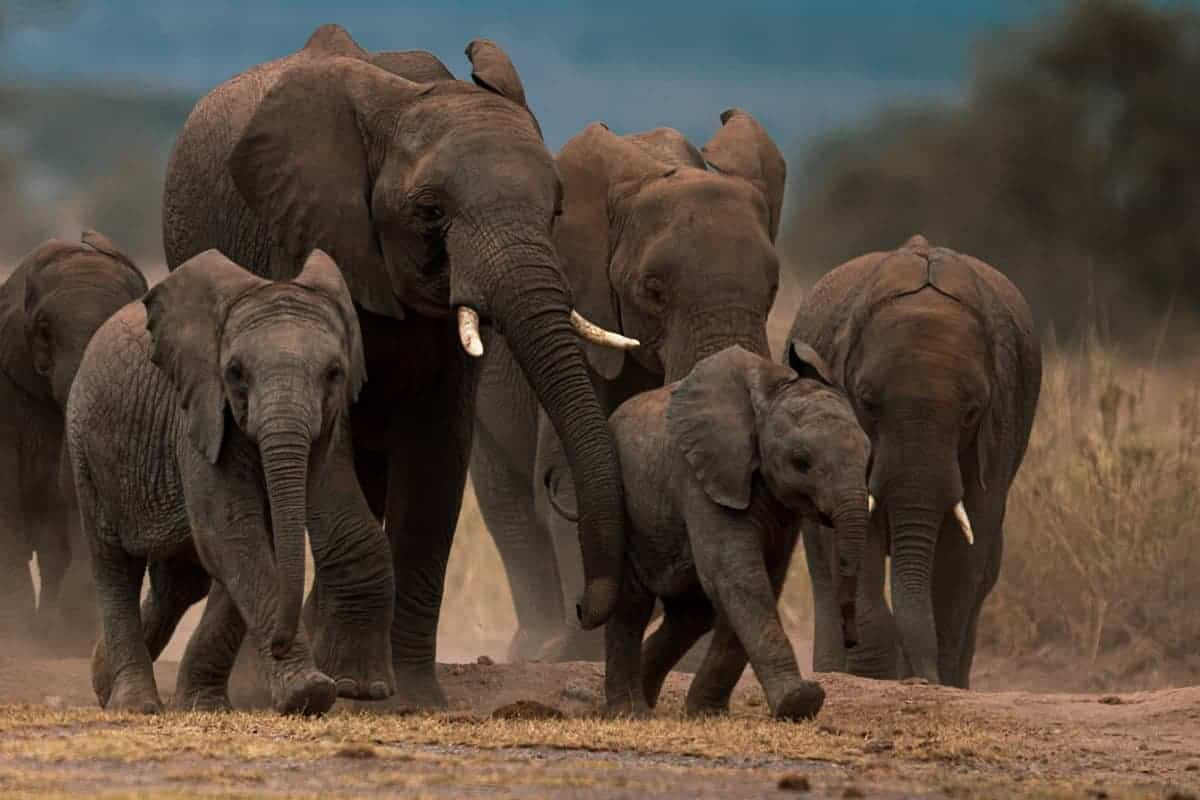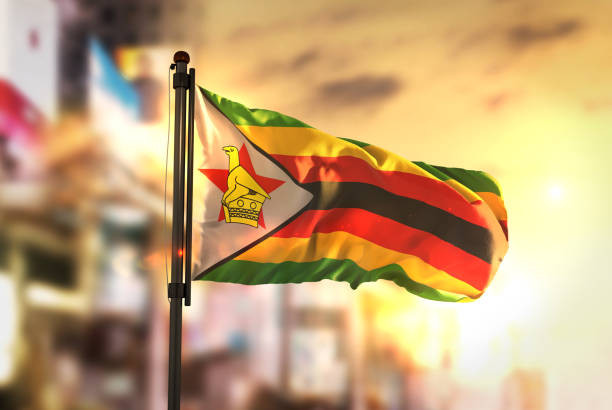
COMPASSION is appropriate when anyone of our sisters, wherever in the world they may be, is treated unjustly. It was Betty Ford who said: “The search for human freedom can never be complete without freedom for women.”
Such wisdom resonates in present times, despite the circumstances we find our immediate world, or outer world in, we know deeply that the problems women face, encounter and conquer are far larger and more significant to the next generation. I write this article today as a reminder of women of colour, facing the dire consequences of the countries that they are in, and the courage that they find in the face of oppression. In this article we move the centre of our gravity to the women of Iran.
The recent death of a young woman in custody in Tehran, Iran, has sparked emotional protests across the Middle East and enraged Iranian citizens around the world. The death of Mahasa Amini, a 22-year-old Iranian woman, who was detained for “showing too much hair” and reportedly beaten with a baton on her head by her arresting officers while in custody, shocked the world.
Mahasa collapsed as she was being taken to account for her offences, slipped into a coma and died three days later in hospital of what authorities report as heart failure, according to the latest police investigation.
Her alleged offence is the indiscreet manner of wearing her hijab, a head-covering, mandatorily worn by Muslim women.
Proper dressing instructions are interpreted from Islamic scriptures, their holy book, the Quran, where the guidance on dress-code is inferred for both men and women to dress modestly. The hijab, is revered as a respectful garment, meant to cover the head, hair and neck of a woman and in both Iran and Afghanistan, It is mandatory and entrenched in Law. The observation of that law by Iranian citizens is strictly monitored and regimented by the morality police or Gast-e-ersad (Persian), or Guidance Patrol system of the policed state of the Islamic Republic of Iran.
Hijab laws have been in place since the 1979 Islamic Revolution of Iran which overthrew the liberal monarchy in the country, and the Guidance Law enforcement department was created in 2005, with the single objective of policing and monitoring women to observe the appropriate wearing of the hijab and conduct themselves publicly with absolute decorum.
Defience is met with enforcement and severity of punishment by the Guidance Patrol units. Women of Iran, respect their culture as they do their own religion, however, it would appear that they have long tolerated and been subjected to harsh overview of their conduct in relation to dress and appearances, such that the tragic death of Mahasa Amini discharged the wrath of women in defiance of their treatment and battery, for what must be considered as minor offences of law.
- Chamisa under fire over US$120K donation
- Mavhunga puts DeMbare into Chibuku quarterfinals
- Pension funds bet on Cabora Bassa oilfields
- Councils defy govt fire tender directive
Keep Reading
Evidently, suppression intimidation and subjugation by their government and the religious orders, over-toppled the forbearance of this female society, who have endured so much that they have not dissented in this manner before now to re-affirm their human rights. By remonstrating against the harsh penalties suffered against their own, some brave and courageous women burnt the hijab as a testimony of their descent, sending a strong and reverberant signal to the leadership that the moral compass has swung against those who uphold it.
The widespread surge of emotional unrests has consequently resulted in nationwide protests erupting and resulting in a further 26 deaths around the country. I say that once again, a total of 26 unknown have died at the hands of the Iranian authorities. While we have not blinked, at our own circumstances, both men and women in an oppressed regime have lost lives in a battle to save their own children or sisters, mothers from the harsh oppressive tactics of a police system that prevents them from showing their hair.
The Iranian government has been swift to respond and curtail the movement that is gaining momentum, which was being transmitted by human freedoms activists through WhatsApp and Instagram accounts. The Iranian authorities slammed shut internet access across the country and the Communications minister bluntly stated that the breakdown in internet communications is for reasons of national security.
The internet blackout is the one colossal tool in the hands of Iranian authorities that has been bolted down to control the aggravation that is resulting in these rightful protests.
With a population of just under 90 million people, whose only access to internet is through the national mobile operator and who can only assemble to protest their freedom, human and economic rights through access to internet communication, the situation on the ground is turning into a boiling pot of emotional anger and severe restraint, the two are likely, combustible.
The questions we ask ourselves as women’s freedoms are recanted at every turn, is not what it will take, but who will it take to change the order of female oppression? How obvious is to you or I that if we reconstruct events, that a 22-year-old, could be aware of the threat to her life. Would she really have faltered, did she not do so because she was just young, off-guard and spontaneous? Can such acts be not revisited with less authoritarian outcomes? Apparently, she was walking with her brother at the time of her arrest and incarceration; does that not equate to an appropriate guardian?
I began this article with a view from a Betty Ford, and end it with a quote from Michelle Obama, who called out on Nigerian Boko Haram for the kidnapping of hundreds of girls. She called it “an unconscionable act of grown men attempting to snuff out the aspirations of young girls”.
As we look to a far off country, in spite of religious, ethnic, and economic diversity, I remain fiercely unapologetic to any government that represses the rights and freedoms of the young and chooses to hammer and pound against the voices of those whose edification wishes to enable themselves. My heart palpitates for all those women. Today, the actions of Iranian authorities have enraged more than their own people.
Heena Joshi is a diversity, ethnicity and inclusive activist. She writes in her own capacity.










